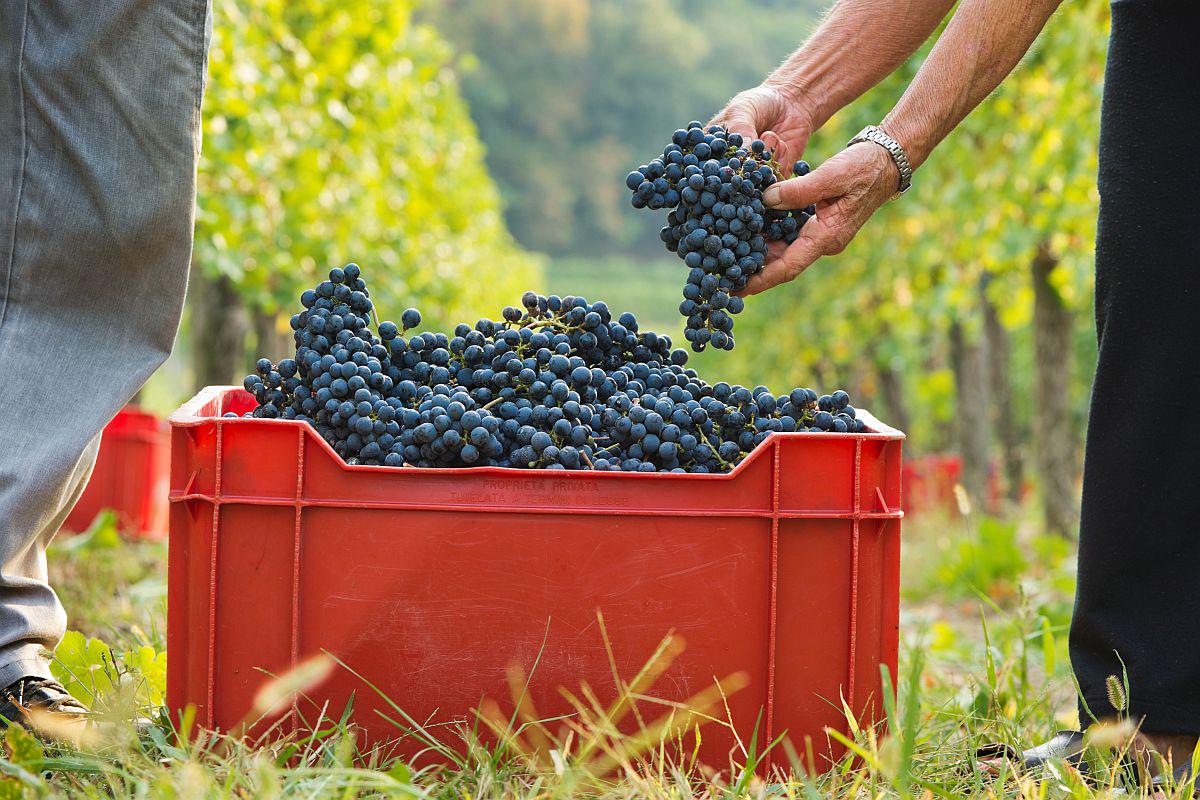
The Karst wine region is finishing up this year’s grape harvest. In the case of Refošk (Refosco), the harvest only yield half of the usual annual amount – the average is nine tons of grapes per hectare but this year the result is only 4.5 tons.
The Nova Gorica Office of Agriculture and Forestry estimates this is the result of spring frost, drought and burns during the summer and a plenty of rain in September, when the sun should have shined. Still, there will be enough wine for everyone.
Most of the harvest in Karst was pelted by rain. However, the sun came up in the last few days and winegrowers are in a hurry to bring in the harvest. The head of Vinakras Cellar in Sežana Marjan Colja: “As far as our estate is concerned, we’ve achieved quantities almost according to the plan, about 5 to 10 percent less than last year. But in terms of purchase, the situation is worse – we expect a 20 to 30 percent loss, particularly due to burns on grapes from our subcontractors.”
The first chemical tests, which had been carried out in August about a week earlier than usual, indicated very good results but then the rain brought on some negative consequences, as Tadej Štoka from Krajna vas explains: “There will be a little less of fine Teran wine this year, since the rain in the last week caused some damage, as the vine drew in the water and diluted the level of sugar.”
Despite rain grapes did not burst
But the grapes are healthy, with no trace of decay. According to an expert on winemaking and winegrowing Majda Brdnik: “Grape skin was strong, and also the grapes did not burst despite rain, since the temperature was fortunately relatively low.”
Is it possible to trick erratic weather? Drought yes – all major winegrowers in the region of Slovenian Karst have already built irrigation systems, and the Vinakras Cellar also plans to, according to Colja: “We’re built them in all locations where this is possible, we’re planning to cover 30 or perhaps 40 hectares in two to three years.” This year’s purchase price of Refošk will be 74 or 75 cents per kilo.

































































